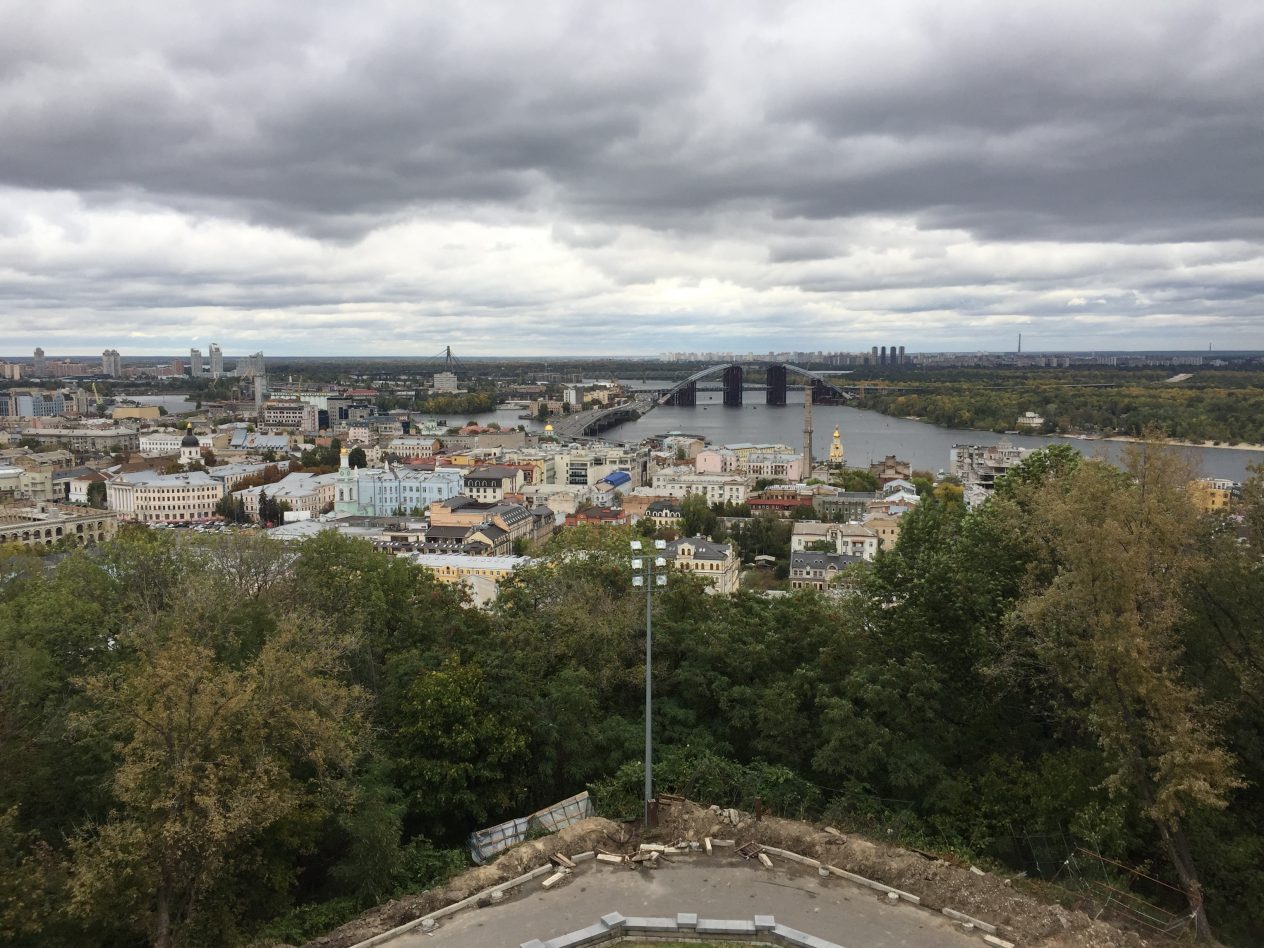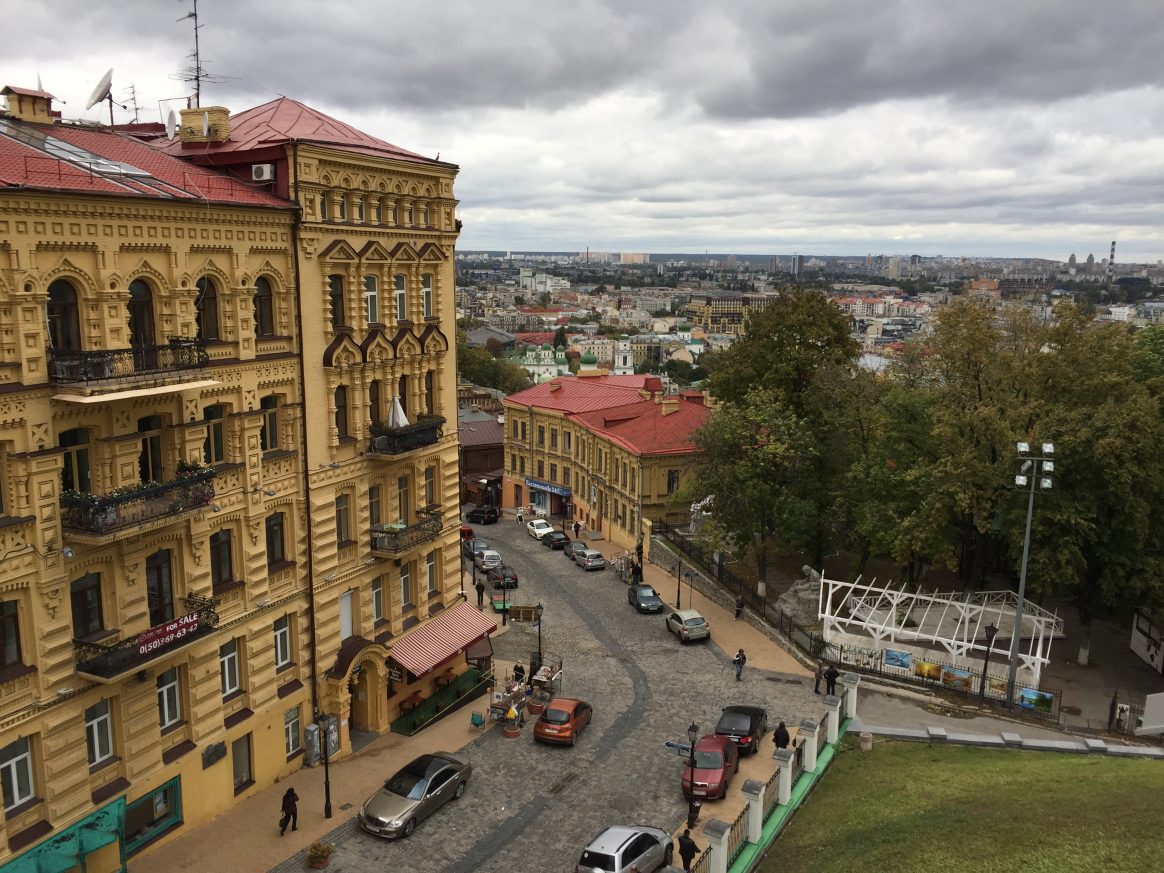For a few years now, a battle has been going on even in the pronunciation of the Ukrainian capital. For decades the Russians have been eyeing the Crimean peninsula. When traveling in Russia before 2014 it was not uncommon to hear Russians complaining about this small piece of territory. A little music about a lost territory that kept rising in the media noise of the Russian media. Crimea is this large peninsula of 27,000 square kilometers that Nikita Khrushchev, then he was the first secretary of the CPSU, would have snatched from them in 1954. And then with time and a succession of geopolitical events, the far east of Ukraine became secessionist, Crimea even became “independent” in 2014 and the very existence of Ukraine as a country was even questioned throughout February 2022. by the head of the Kremlin himself. In troubled times and times of war, it is important to explain why it is necessary to write and pronounce Kyiv and not Kiev.

Why it is now important to write and to pronounce Kyiv!

In the face of the rewriting of history, it is necessary to go back to international law and history. International law recognizes the existence of a country from the moment when it can be established that several elements coexist.
The existence of a people, a language of its own, and territory are three elements that constitute a country. For public law, these elements are sufficient for the recognition of a state. However, two subordinate conditions must be added to this: an anthem and a flag. The existence of the Ukrainian people is attested since the beginning of the first millennium since Kyiv was created by Ukrainian lords around the 5th century. The territory has existed for almost fifteen years with periods of occupation more or less long. And alternations between occupants (Russians, Ottomans, Soviets) as is the case for many Balkan countries.
In this case, what interests us is obviously the language to prove that Ukraine is indeed a country and not a province. The existence of two spellings for the names of the Ukrainian cities incontestably attests to the existence of two languages. A bilingual system has been established over the centuries. Pronunciation may seem trivial and totally futile at first glance. But it is the marker of another orthography and therefore of another language. This language is itself the constitutive element of a nation. Isn’t it said that the devil is in the details?
The geopolitics of spelling and pronunciation
Kiev is the transcription in the Latin alphabet from the Russian language. Whereas Kyiv is the translation from Ukrainian.
Although writing Kyiv and pronouncing 〈kyiv〉 may seem insurmountable to our neurons already formatted for decades, it is very easy to say in French “Kive”. So be on the “Qui Vive” (be careful in french), so we don’t rewrite history for you.
For those who wish to have the exact pronunciation, just insist a little longer on the i and pronounce a guttural i.
Resistance to the oppressor can sometimes take turns that you don’t expect. To pronounce Kyiv is an act of solidarity with the Ukrainian people and an act of passive resistance.
Long live Kyiv, the beautiful and eternal Ukrainian capital.
